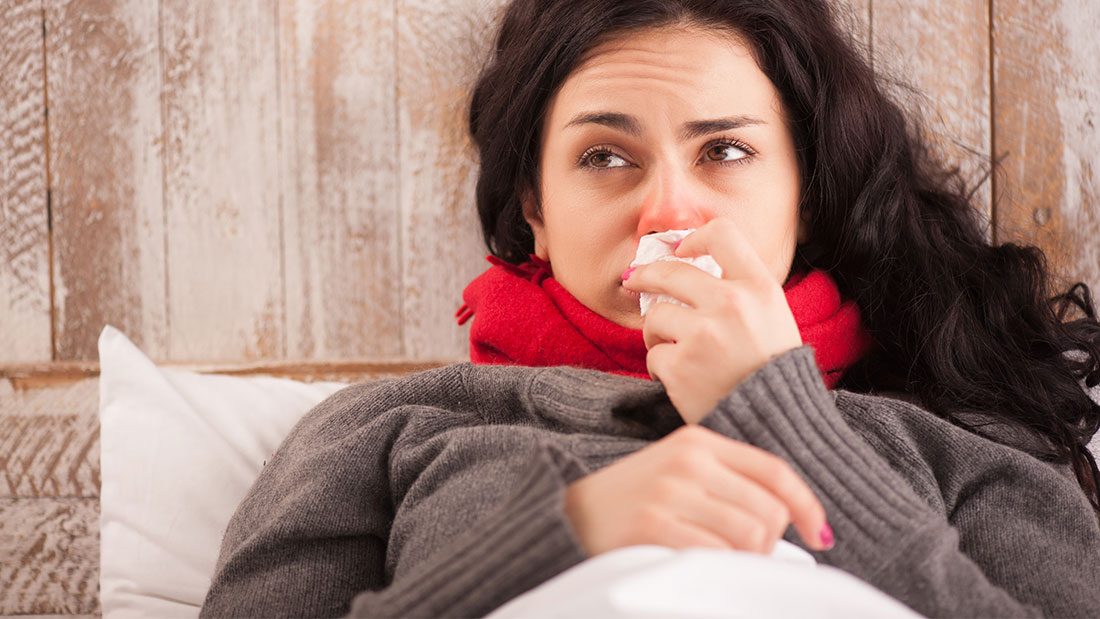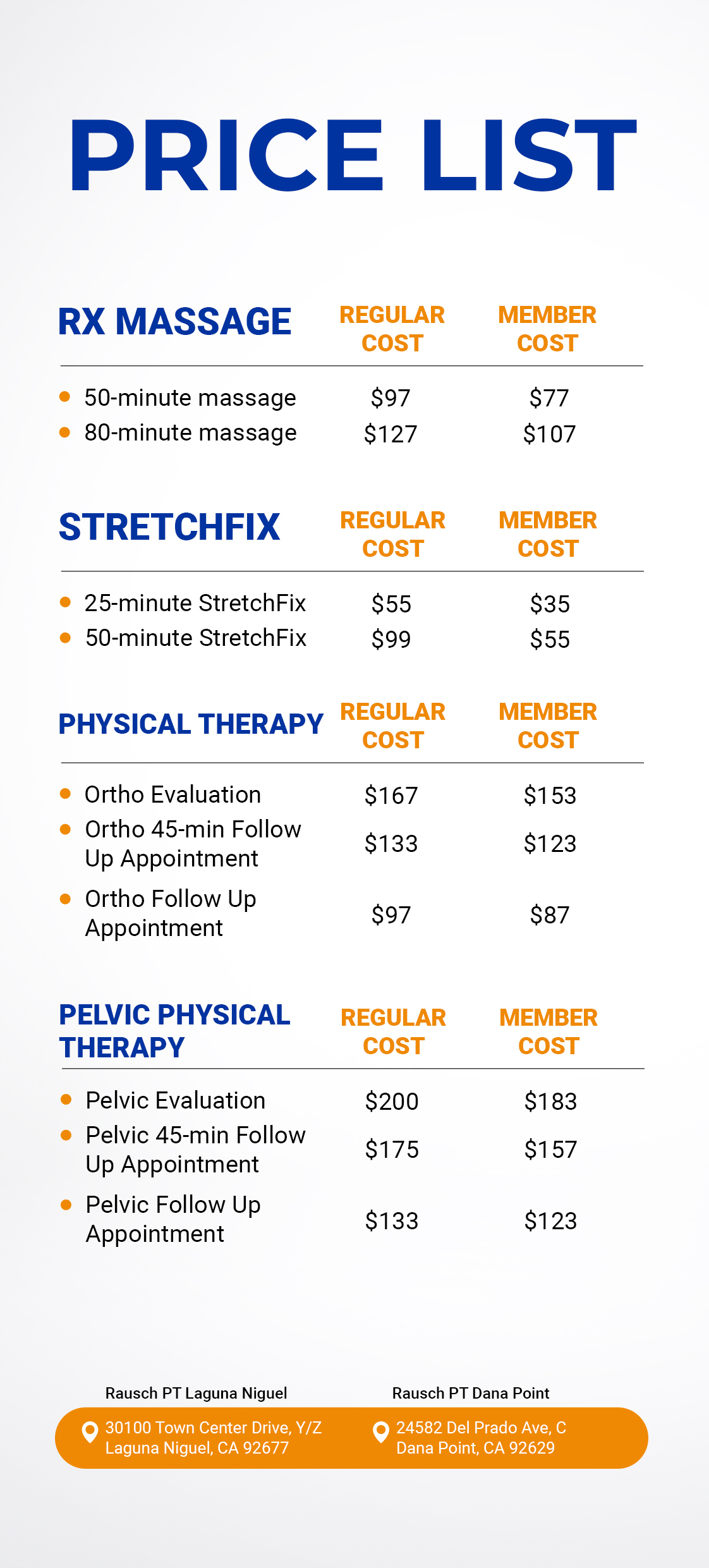1. Bring Mindfulness Into Your Day Stress and anxiety don’t just affect your mind—they impact your nervous system, sleep, recovery, and even how your body experiences pain. Mindfulness and meditation,
Should I Exercise While I’m Sick?
December 30, 2016 2:22 am / Category: Wellness

Feeling under the weather but still itching to hit the gym? Jonathan Meltzer, DPT explains how to know when you should just stay in bed and shares tips for how to modify your workout routine if you’re up for it.
BY JONATHAN MELTZER, DPT, RAUSCH PHYSICAL THERAPY
Winter always seems to bring on the flu and many other illnesses, whether it be the change in weather, traveling, or other end-of-year stressors. At the same time, there’s also plenty of holiday dinners and parties to enjoy, which means a ton of decadent food and drinks to gorge on for two months straight. So, come New Year’s Eve (or maybe the morning after a particularly indulgent party) we vow to start an exercise routine to combat the holiday weight gain.
But what happens if/when that nasty cold or flu hits? Should we stay inside and let it pass, or get to the gym and work it off?
How to Know When You Should and Should NOT Exercise When Sick
Exercising when you’re sick usually depends on if you have a cold or a fever, since the two have different symptoms that can affect your body differently during a workout. In general, if you have a cold it’s usually considered okay to exercise. In fact, it may even make you feel better to get out of your stuffy house, work up a sweat, and increase your endorphins with some exercise. Personally I know that when I have a cold, I feel better having done some light exercise because it makes me feel like I’m getting back to normal. Of course, the level of activity will depend on how sick you are feeling and how much you think you can handle that day.
On the other hand, if you have the flu or a fever you should put your workout plans on hold until the fever passes. When you exercise, your internal body temperature increases, which can make you sicker if you have the flu. If your fever is about 101 degrees, it is highly recommended that you do NOT exercise due to the risk of heat stroke.
Here’s what Neil Schachter, MD, medical director of respiratory care at Mount Sinai Medical Center in New York has to say in The Good Doctor’s Guide to Colds and Flu:
A neck check is a way to determine your level of activity during a respiratory illness. If your symptoms are above the neck, including a sore throat, nasal congestion, sneezing, and tearing eyes, then it’s OK to exercise. If your symptoms are below the neck, such as coughing, body aches, fever, and fatigue, then it’s time to hang up the running shoes until these symptoms subside.
Tips for Exercising When You’re Sick
If you’re managing your symptoms with medication and feel up for a workout, I’d recommend you consider these tips for exercising when sick:
- Follow a workout video at home to avoid spreading germs.
- If you do hit the gym–wash, wash, wash your hands!
- Reduce the intensity and duration of your workout (e.g. Go for a walk instead of a run.)
- Do a light elliptical workout for 20-30 minutes.
- Try light circuit weight training, with more repetitions and less weight.
- IMPORTANT! You absolutely must hydrate to compensate for sweat loss and sickness.
What to avoid while sick:
- Vigorous intense workouts
- Working out for longer duration than your normal routine
- Exercising with a fever
The Best Workout Plan to Boost Immunity
Of course, the best solution to this whole dilemma is to avoid getting sick at all. According to Schachter, thirty minutes of regular exercise three to four times a week has been shown to raise immunity, so why not give that exact plan a try? Not only will you feel and look good from keeping a consistent exercise routine, but you’ll also steer clear of those annoying winter illnesses.
This holiday season, give yourself the gift of getting healthy before you get sick, and you’ll stay on track with all your fitness goals in 2017 and for many years to come.

Click to learn more about Jonathan and our other physical therapists »






